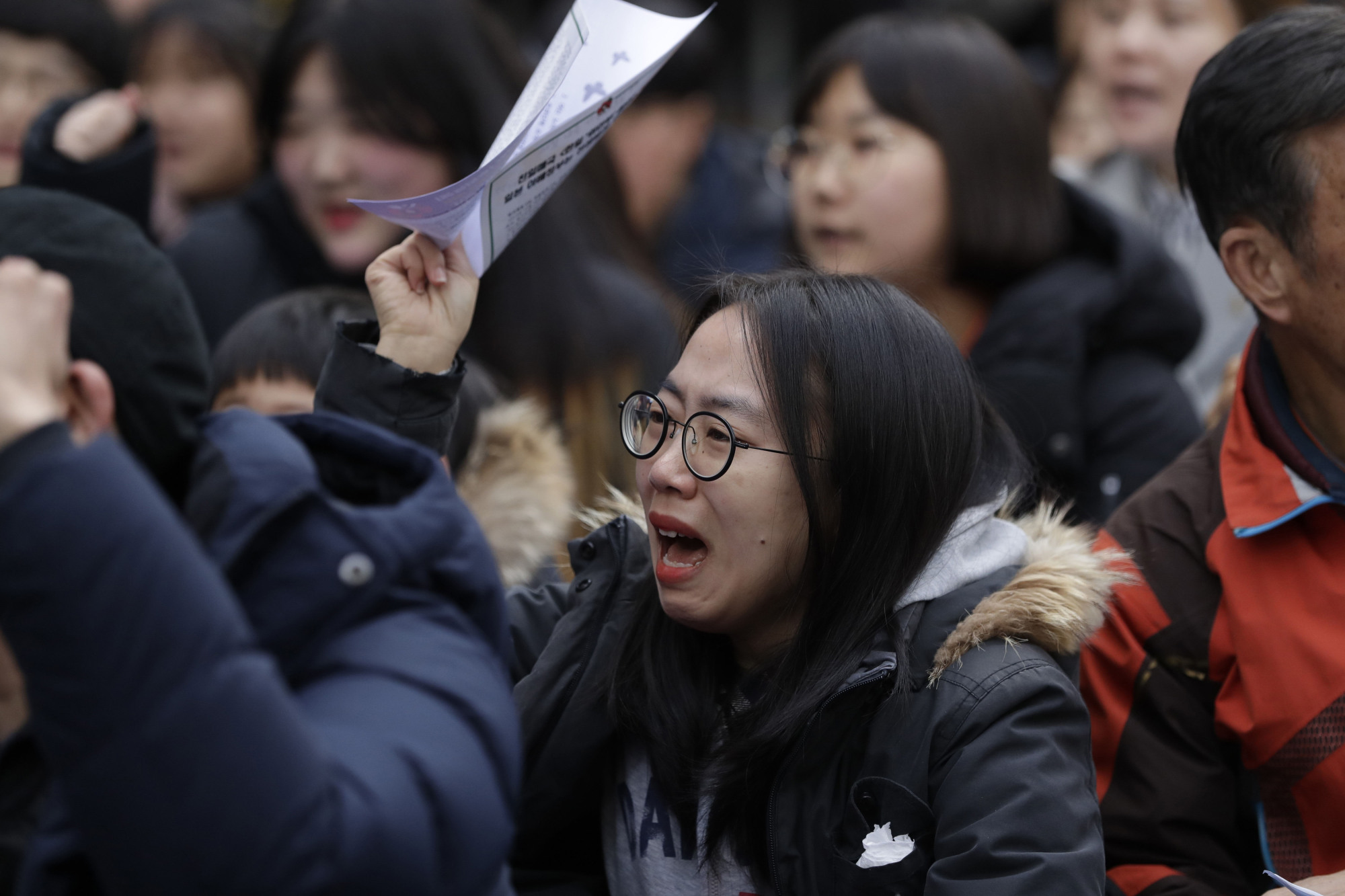The bilateral relationship between Japan and South Korea has been one of the most difficult to manage. The complications began in 1910 when Japan annexed the Korean Peninsula, which was then under the rule of the Yi dynasty. Japan's defeat in World War II brought an end to its colonial rule on the peninsula, but the mistreatment of Koreans during Japan's colonial rule continues to overshadow the bilateral relationship to this day. Three history issues have haunted bilateral relations: "comfort women"; wartime labor; and how some Japanese history textbooks describe Japan's prewar behavior. In addition there is the dispute over the sovereignty of Takeshima.
Today, the Japan-South Korea relationship seems to have sunk to its lowest point since the two countries normalized relations in 1965. The diplomatic tension between the two countries came out in the open when the South Korean Supreme Court issued a ruling in October ordering Japanese companies to financially compensate those who claimed they were mobilized as forced labor during World War II.
Bilateral tension reached new heights when the Defense Ministry announced that a South Korean Navy destroyer's targeting radar had locked onto a Maritime Self-Defense Force surveillance aircraft. As the deadlock over this incident continued, South Korea came out with a new allegation that the MSDF surveillance aircraft had flown at a dangerously low altitude, calling the maneuver "provocative." Both sides completely dismiss each other's allegations, with no end of tensions in sight.



















With your current subscription plan you can comment on stories. However, before writing your first comment, please create a display name in the Profile section of your subscriber account page.